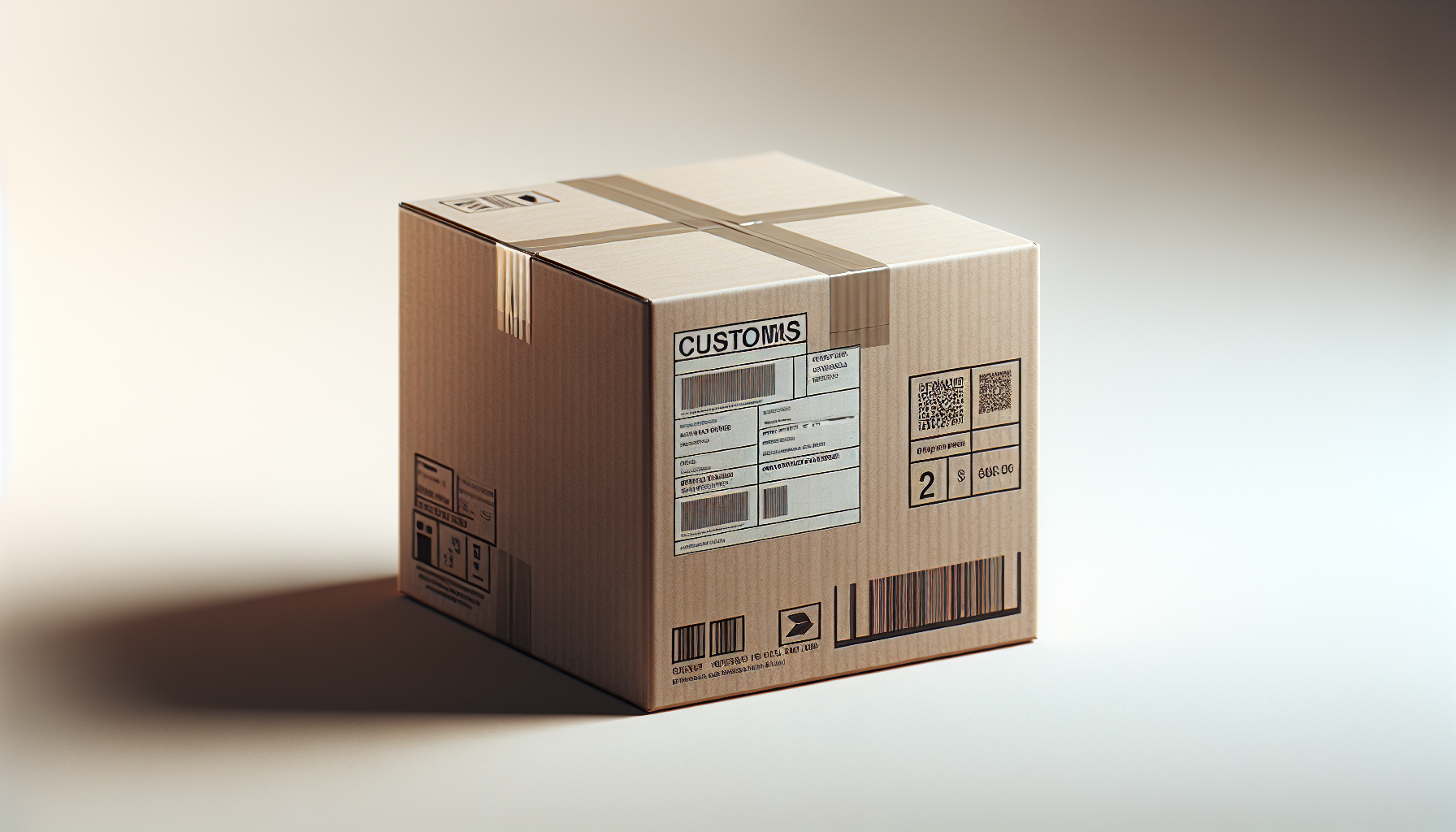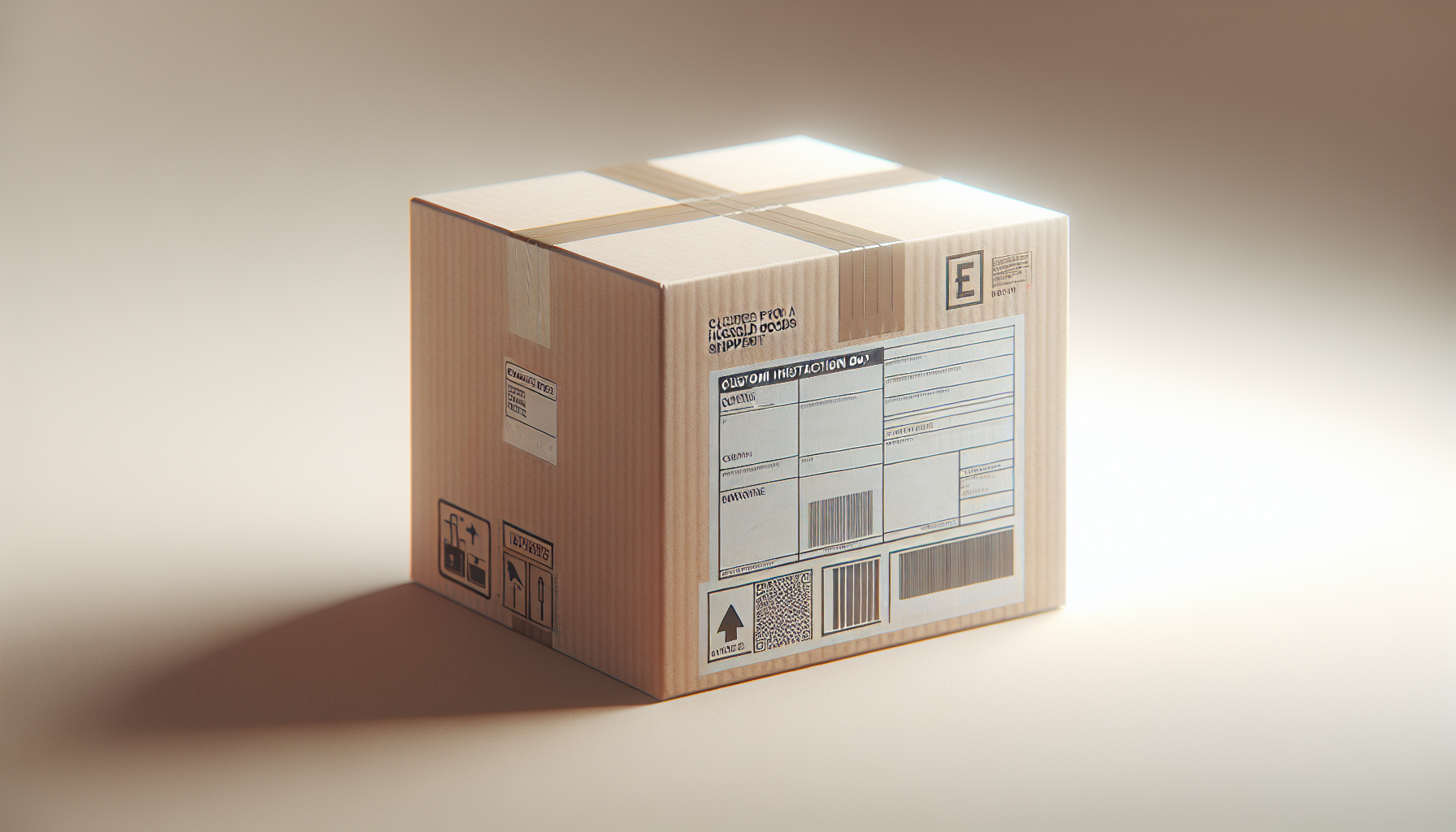ISF Filing For Household Goods: Checklist For Customs Accuracy
?Did you ever think that moving your couch across an ocean would involve more paperwork than a small country’s tax code?
ISF Filing For Household Goods: Checklist For Customs Accuracy
This guide walks you through ISF (Importer Security Filing) for household goods in a way that won’t make you fall asleep or start hoarding packing tape out of fear. You’ll get a practical checklist, compliance tips, and the start-to-finish process to keep customs happy and your shipment moving.

What is ISF and why should you care?
ISF is the U.S. Customs and Border Protection requirement for filing certain cargo information before goods are loaded onto vessels bound for the United States. You care because failing to file ISF correctly can lead to fines, detention, or your sofa being singled out for extra attention by bored inspectors.
Who must file and when?
You, as the importer of record, or your authorized agent, must submit the ISF at least 24 hours before the vessel departs the foreign port. Think of it like RSVP-ing to a very strict party — missing the deadline is not an option.
Core data elements you must provide
Here’s the basic information customs expects. Each item below should be accurate; typos are the quickest route to an audit.
- Bill of Lading number (or equivalent)
- Importer of Record name and address
- Consignee name and address
- Seller/Owner name and address
- Buyer name and address
- Manufacturer (or supplier) name and address
- Country of origin of the goods
- Harmonized Tariff Schedule (HTS) numbers if available
- Container stuffing location
- Consolidator (stuffer) name and address
- ISF contact person and details
Household-goods-specific details
Household moves have quirks. You’ll need to identify items that might trigger special checks:
- High-value items (art, jewelry, electronics) — list individually if possible.
- Alcohol and tobacco — often restricted or taxable.
- Firearms, ammunition, or hazardous materials — may be prohibited or require permits.
- Plants, seeds, or soil — usually need USDA clearance.
- Used vehicles — require additional VIN and emissions documentation.

Step-by-step ISF filing process (start-to-finish)
Follow this journey from “packed boxes” to “welcome-to-the-U.S.-home” (without the banned word).
- Gather documentation: inventory, origin details, and seller/manufacturer info.
- Assign HTS numbers: for household goods, classify broadly but accurately.
- Select your filer: you or a licensed customs broker submits the ISF.
- Submit ISF: file at least 24 hours before vessel departure to avoid penalties.
- Monitor updates: confirm acceptance with your filer and correct any errors promptly.
- Prepare arrival documents: power of attorney, bill of lading, and household goods inventory.
- Respond to CBP queries: have invoices, photos, and proof of ownership handy.
- Release and delivery: once cleared, schedule home delivery and unpack with pride.
Common mistakes and how to avoid them
Avoid these traps unless you enjoy paying fines for creative data entry.
- Incorrect HTS numbers — use reasonable classifications and consult a broker.
- Missing supplier/manufacturer addresses — verify against invoices.
- Late filing — build calendar reminders around vessel sail dates.
- Vague descriptions like “household goods” — itemize when possible.
- Incomplete consignee information — double-check phone numbers and addresses.
Edge cases and tricky scenarios
Some shipments behave like drama magnets. Here’s how to calm them down.
- Partial shipments or consolidated containers: ensure the stuffer/consolidator is correctly identified.
- Multiple-origin items in one shipment: list manufacturers per item or group by origin.
- Items shipped as “used household goods” vs. “personal effects”: label accordingly; used personal effects often have exemptions.
- Emergency relocations: get in touch with your broker immediately to request expedited processing and document prioritization.
Compliance tips that keep fines away
If customs had a wishlist, these items would be at the top.
- Keep records for five years — CBP loves nostalgia.
- Use a verified ISF filer or hire a customs broker to reduce errors.
- Reconcile invoices with your inventory list to avoid valuation issues.
- Document transfer of ownership if items were sold prior to import.
- Communicate proactively with the carrier and consignee to avoid release delays.
When to hire a pro
You can do ISF filing yourself, but if your shipment includes high-value items, regulated goods, or complex consolidations, it’s time to call in help. Professionals are less likely to mess up the names and numbers that make customs cranky.
Quick checklist you can use today
This short checklist keeps your brain from melting under paperwork pressure:
- Confirm vessel sail date and get bill of lading
- Itemize household inventory (high-value items separated)
- Gather manufacturer/supplier addresses and country of origin
- Assign HTS numbers or consult a broker for classification
- Choose your ISF filer and submit 24+ hours before loading
- Keep receipt of ISF acceptance and monitor for messages
- Compile arrival & release paperwork for domestic delivery
Who can help if things go wrong?
If customs flags your shipment, you can:
- Contact your customs broker or filer immediately
- Provide missing documentation or corrected ISF data
- Pay applicable penalties or request reconsideration if justified
- Use an ISF management provider for audit trails and faster corrections
If you want professional support for making sure nothing combusts in transit paperwork-wise, consider a provider that focuses on household moves and compliance. Many companies, including ISF Expedite – Trusted ISF Filing and Customs Support, specialize in smoothing these wrinkles so you can focus on what really matters: choosing which box to open first.
Final thoughts — keep it calm and carry-on
ISF filing for household goods doesn’t need to be cryptic. With a clear checklist, timely filing, and sensible documentation, you’ll avoid penalties and get your stuff home without drama. Remember: accuracy, timeliness, and documentation are your trifecta of customs happiness — and maybe a well-packed emergency snack.
